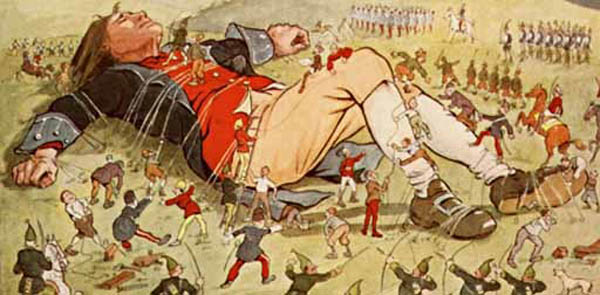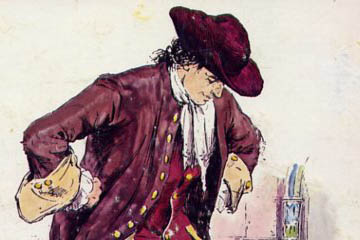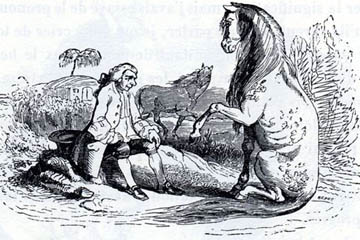
Gulliver is swarmed by little people.
THERE’S A REASON why some tales, like Gulliver’s Travels, are considered classic works, contrary to what one may have believed in high school.
I received some out-of-class instruction upon this matter on a recent trip in Southeast Asia when I picked up the book due to its voyaging theme. What I found was a very applicable (and surprising) parallel between Jonathan Swift’s 18th century novel and my own life.

